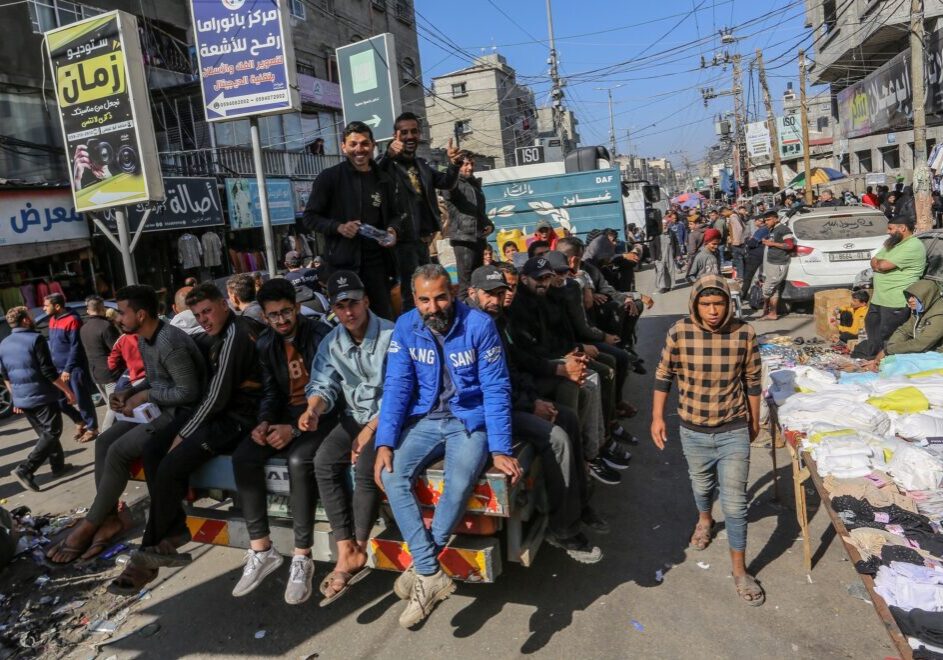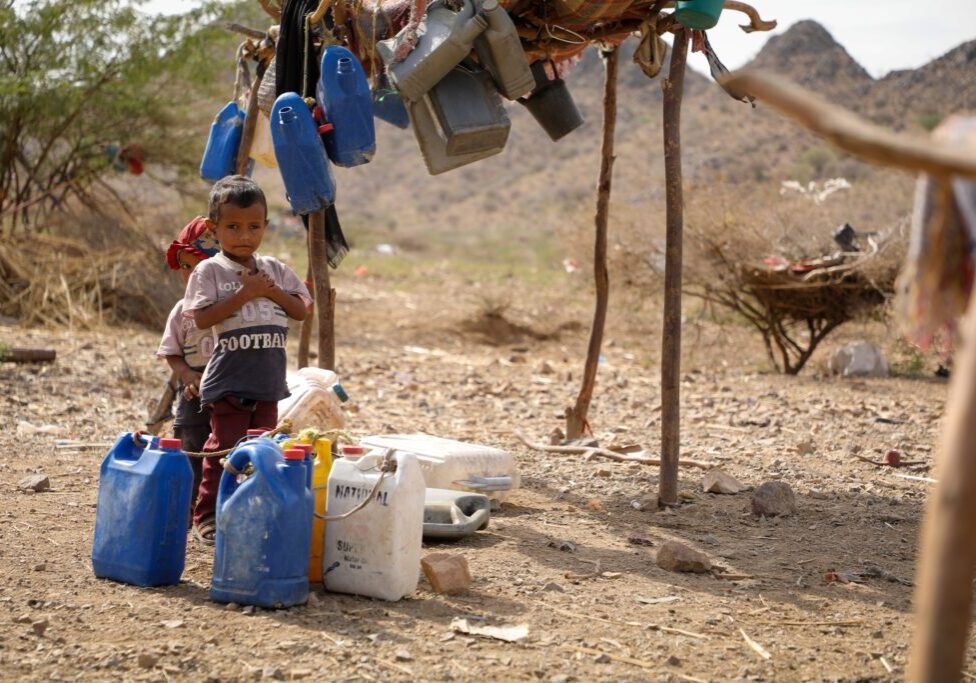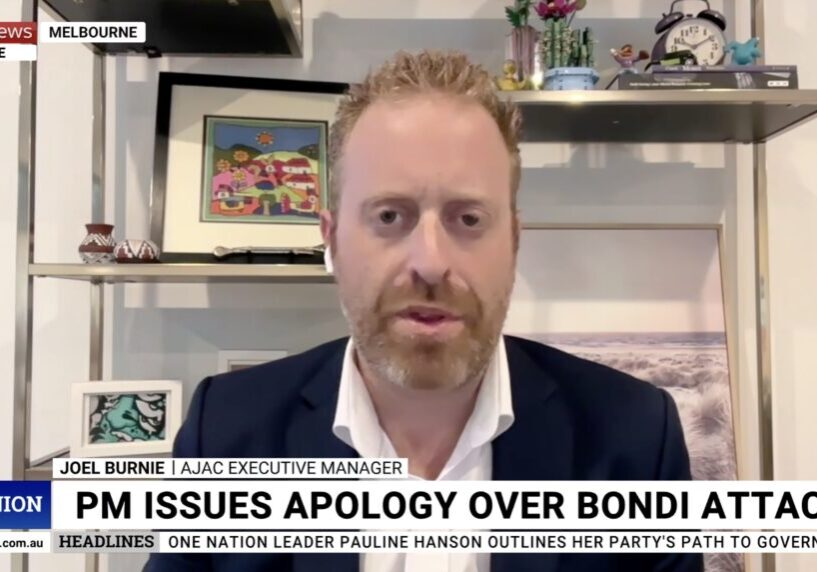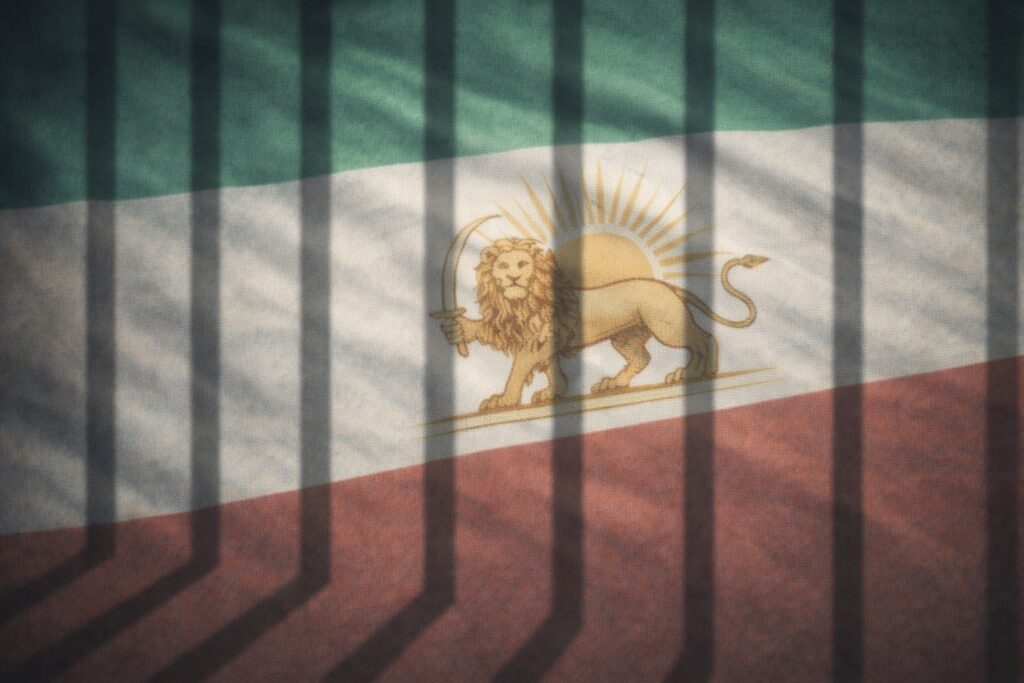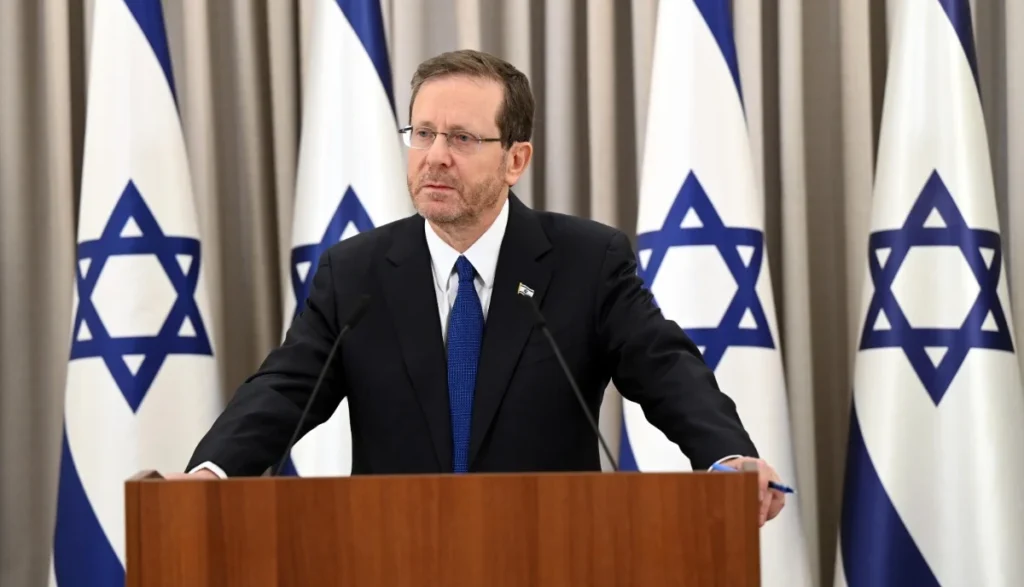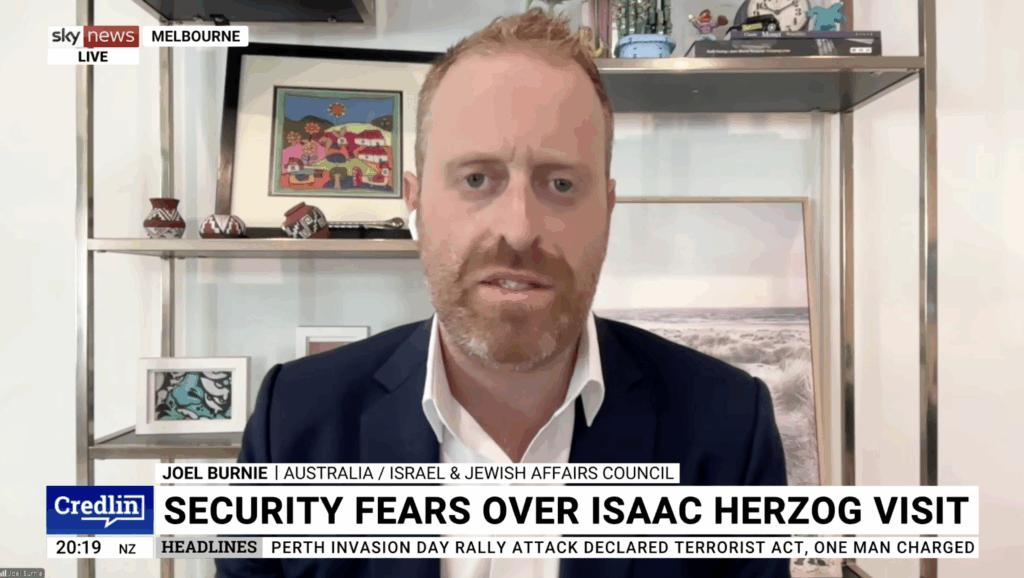FRESH AIR
China could be the key to the success of the renewed “snapback sanctions” on Iran
October 3, 2025 | Alana Schetzer
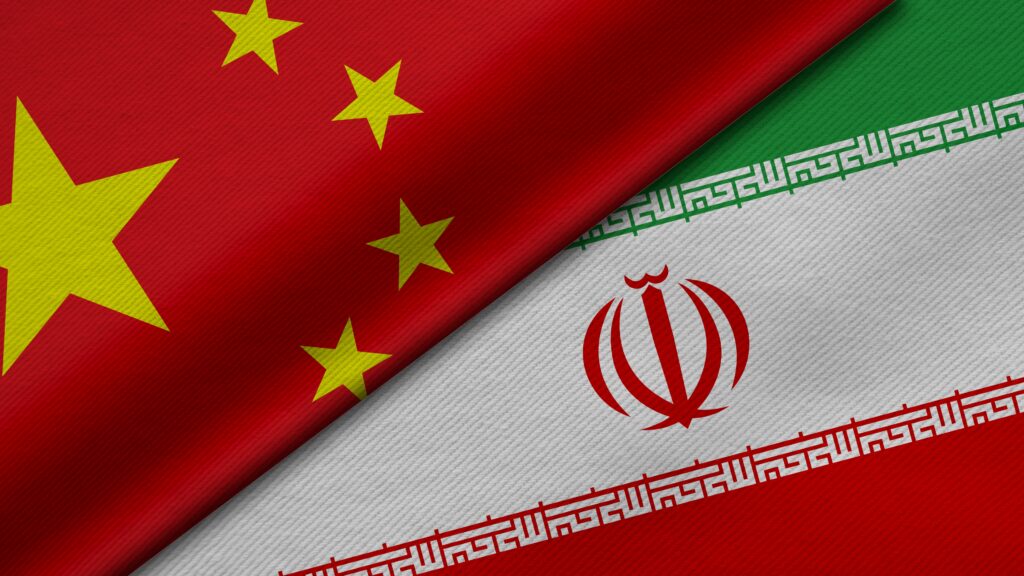
This week saw the reinstatement of comprehensive UN sanctions on Iran under the “snapback” mechanism of the 2015 Joint Comprehensive Plan of Action (JCPOA) nuclear agreement, after the UK, France and Germany triggered this process in late August, citing Iran’s blatant non-compliance with the deal’s provisions. In the negotiations with these three nations that followed as part of the snapback process, Iran failed to offer any serious concessions, and Supreme Leader Ali Khamanei completely ruled out any talks with the US, so the full sanctions have now kicked in.
The obvious question is, will these strengthened and now legally mandatory sanctions bring Iran to finally agree to dismantle its nuclear enrichment and weaponisation efforts, and place all of its nuclear facilities under strict inspections? And what factors will decide the answer?
Despite almost three months passing since the end of the “Twelve-Day War” between Israel and Iran in June, there is still a lack of clarity about how much damage Jerusalem and Washington actually inflicted on Teheran’s illegal nuclear facilities, as well as how quickly Iran’s Islamist regime could rebuild its destroyed centrifuges and reactors.
But few have considered how Teheran managed to finance such a mammoth project, involving numerous vast facilities, many of them burrowed deep underground, especially as Iran remains under layers of international sanctions that have severely impacted its economy.
There is a clear answer – China.
The Chinese Communist Party (CCP), together with various Chinese billionaires, have long provided an avenue for Teheran to breach sanctions, buying between 1 and 1.5 million litres of Iran’s crude oil on the black market every day, bypassing Western banks and shipping services. The oil is usually carried by ‘dark fleet’ tankers that operate outside of normal maritime laws, making it significantly dangerous for all ships around them.
It is these sales – with the Chinese yuan – that prop up Iran’s economy and drastically weaken the impact of sanctions. They also help pay for Teheran’s ongoing terrorist activities across the Middle East, as well as its illegal nuclear weapons program.
One Chinese billionaire, Shang Jiyang – a CCP member – plays a central role as Chairman and controlling shareholder of Wanda Holdings Group, a multi-national conglomerate that operates pipelines, petrochemical plants, port terminals, and oil refineries.
And because Iran’s oil is sanctioned, Iran sells it on the international black market well below market value. For China, which needs oil for everything from fuelling cars and airplanes, machinery, heating for buildings, and as a raw material for manufacturing, buying from Iran saves a huge amount of money. For the first nine months of 2023, it is estimated that China saved about US$10 billion by purchasing oil from sanctioned countries including Iran, Russia and Venezuela. China purchases about 90% of Iran’s crude oil.
The fact that the CCP openly breaches international sanctions is no secret; it has done so for years, brazenly and without any repercussions. But during trade talks between Washington and Beijing in early August, US Treasury Secretary Scott Bessent threatened to impose secondary sanctions on China – such as imposing 100% tariffs – if Beijing continues to breach primary sanctions by purchasing oil from both Iran and Russia.
Beijing remains firm, with its Foreign Ministry posting on X a rebuttal to Bessent: “Coercion and pressuring will not achieve anything. China will firmly defend its sovereignty, security and development interests.”
Dr Patrick Clawson, Director of the Viterbi Program on Iran and US Policy at the Washington Institute for Near East Policy, told AIJAC that the most effective way to take action against China and other countries that breach sanctions is to target the banks that facilitate the payments:
USG [US Government] officials have said that China made clear if the USG pushed too hard, it would use the Bank of China to process these transactions, and China would take very severe steps were the USG to act against the Bank of China. Iran was not [an] important enough issue for the USG to take that risk.
The fact that Beijing, along with all the other countries that openly flout sanctions by purchasing crude oil from Teheran, has done so and continues to do so without any repercussions is unfortunate. China’s extraordinary buying power means that many countries cannot afford to antagonise Beijing, which could retaliate via restricting imports, imposing tariffs or withholding key exports. For example, China is Australia’s biggest trading partner, buying one-third of our exports – and has a history of imposing various trade restrictions as punishment for political disagreements. For the US, China is its third-biggest trading partner.
Iran is under multiple sanctions due to its horrendous human rights abuse record, sponsorship of terrorism, and missile and illegal nuclear weapons program – both by the United Nations and European Union, and multiple countries including the United States, Canada, Japan, South Korea, and Australia. These cover freezing assets, trade and arms embargos, travel bans on individuals, restrictions on international banking, and bans on oil export sales, among others.
Iran is also one of just three countries ‘black-listed’ under the Financial Action Task Force’s ‘High-Risk Jurisdictions’ list for failing to prevent, or deliberately engaging in money laundering, terrorist financing, or financing of proliferation of weapons of mass destruction.
Iran has been under sanctions since the late 1970s. Along with Russia and North Korea, it is among the most heavily sanctioned countries in the world.
China is not the only country that is actively helping Iran circumvent international sanctions; South Africa, Malaysia, the United Arab Emirates and India are also offenders.
Beijing and Teheran have an extremely cozy diplomatic relationship and, in 2021, they signed a 25-year ‘strategic cooperation agreement’, with Beijing to invest US$400 billion in Iran. The agreement spans military, economy and trade, research, transport, agriculture and intelligence.
Snapback provides a promising opportunity to finally bring Iran’s illegal activities to a verifiable end – especially now that sanctions are legally mandatory for all nations under UN Security Council resolutions 1696, 1737, 1747, 1803, 1835 and 1929. But for the pressure created by these sanctions to be effective, Washington will need to close off Iran’s Chinese safety valve, by moving forward on exploring secondary sanctions against Beijing. Moreover, for these secondary sanctions to be effective, other countries, including Australia, will also need to impose their own so as not to give Beijing room to use its economic power to retaliate against any one economy.
RELATED ARTICLES
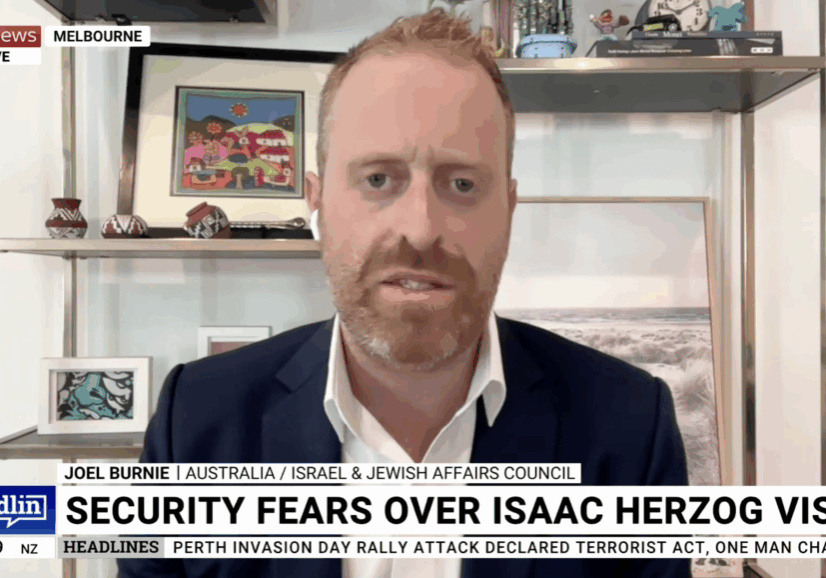
Security concerns over Herzog visit a terrible indictment: Joel Burnie on Sky News
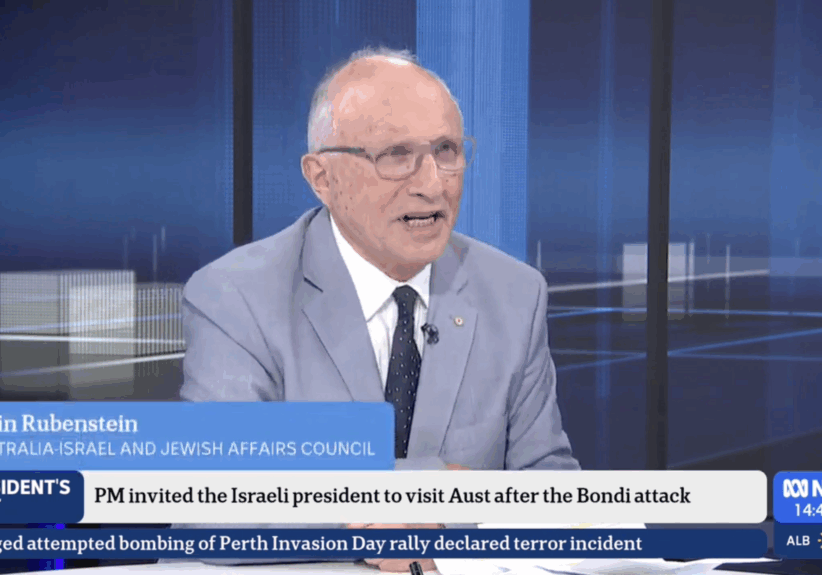
Allegations against Israeli President Herzog are absurd: Colin Rubenstein on ABC News






